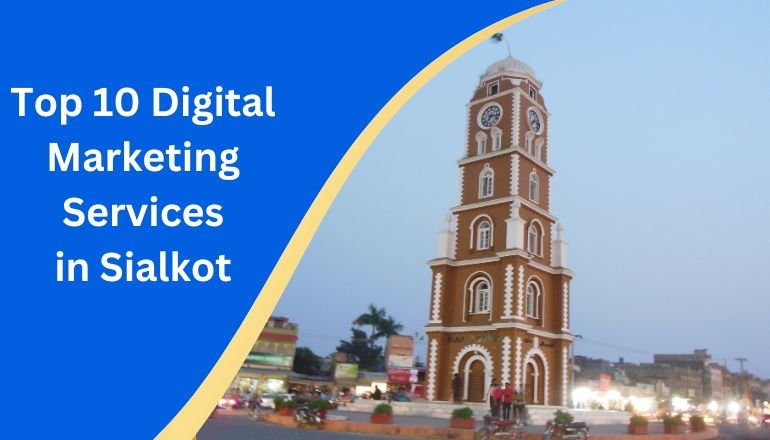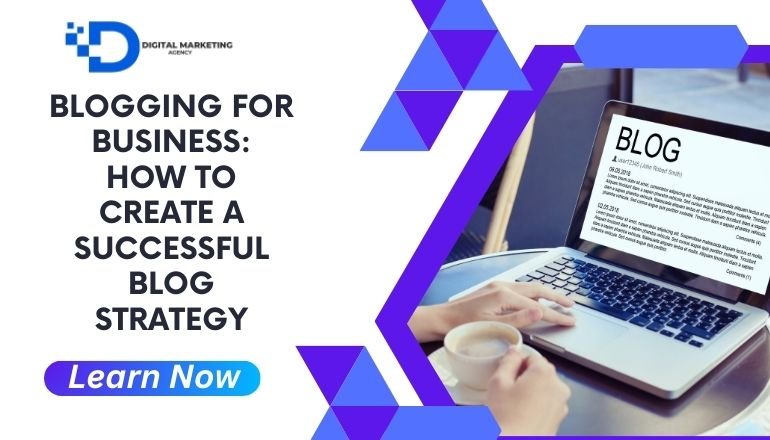In today’s fast-paced digital landscape, businesses must adopt innovative strategies to stand out and connect with their audience. Blogging for business has emerged as a powerful tool to boost brand visibility, engage with customers, and establish thought leadership. When combined with effective digital marketing strategies such as SEO, PPC, and social media advertising, blogging can significantly enhance your online visibility and drive ROI-driven campaigns.
At Best Digital Marketing Agency, we specialize in crafting tailored digital strategies to help businesses thrive in a competitive online landscape.
1. What Is Blogging for Business?
Blogging for business involves creating and publishing content that addresses the needs, interests, and pain points of your target audience. Unlike personal blogging, business blogs are designed to attract potential customers, improve search engine visibility, and position your brand as an authority in your industry. By providing valuable insights and information, business blogs can help drive customer acquisition, enhance brand visibility, and generate high-quality leads.
2. Why Blogging Matters for Your Business
Blogging plays a vital role in digital marketing by:
- Boosting SEO: High-quality blog content helps improve search engine rankings, driving organic traffic to your website.
- Building Brand Authority: Regular blogging showcases your expertise, positioning your brand as a trusted industry leader.
- Driving Engagement: Blogs provide a platform for meaningful interactions with your audience through comments and social sharing.
- Generating Leads: Strategic calls-to-action within blog posts can convert readers into leads.
At Best Digital Marketing Agency, we help businesses unlock the potential of blogging to achieve these outcomes and more.
3. Key Components of a Successful Blog Strategy
Creating a successful blog strategy involves the following components:
- Content Planning: Conduct thorough keyword research to identify topics that resonate with your audience. Create a content calendar to maintain consistency.
- SEO Optimization: Optimize blog posts with relevant keywords, meta tags, and high-quality backlinks to enhance search engine visibility.
- Audience Targeting: Understand your audience’s needs and preferences to create content that speaks directly to them.
- Engaging Formats: Use diverse content formats such as listicles, how-to guides, and case studies to keep readers engaged.
- Performance Tracking: Monitor blog performance through analytics to understand what works and refine your strategy.
4. Best Practices for Effective Blogging
To create a successful blog strategy, follow these best practices:
- Focus on Quality: Prioritize high-quality, well-researched content that adds value to readers.
- Be Consistent: Publish content regularly to maintain audience interest and improve SEO rankings.
- Use Visuals: Incorporate images, infographics, and videos to make content more engaging.
- Optimize for Mobile: Ensure your blog is mobile-friendly to reach a wider audience.
- Encourage Engagement: Include social sharing buttons and invite readers to comment.
5. Common Blogging Mistakes to Avoid
Avoid these pitfalls when blogging for business:
- Inconsistent Posting: Irregular updates can lead to a loss of audience interest.
- Neglecting SEO: Failure to optimize content for search engines limits your blog’s reach.
- Over-Promotion: Focus on providing value rather than overly promoting products or services.
- Ignoring Analytics: Not tracking performance makes it difficult to improve your strategy.
6. How Blogging Fits into a Comprehensive Digital Marketing Strategy
Blogging complements other digital marketing strategies by:
- Enhancing SEO Efforts: Blogs provide fresh content that search engines love, improving overall website rankings.
- Supporting Social Media Marketing: Share blog content on social platforms to drive traffic and engagement.
- Nurturing Leads: Use blogs as part of email marketing campaigns to nurture prospects.
- Driving Traffic for PPC Campaigns: Direct paid traffic to valuable blog content for better engagement.
An integrated approach that combines blogging with SEO, PPC, and social media marketing drives better ROI and user engagement.
Conclusion: Key Takeaways
Blogging for business is a powerful tool that can help you achieve greater online visibility, engage with your audience, and establish thought leadership. By adopting best practices, avoiding common mistakes, and integrating blogging into a comprehensive digital marketing strategy, your business can thrive in the competitive digital landscape. Discover how Best Digital Marketing Agency can help you craft and implement a winning blog strategy tailored to your business needs.













